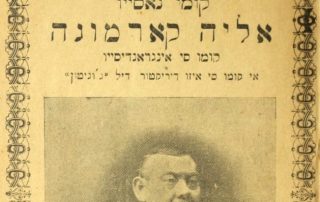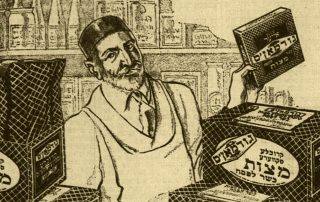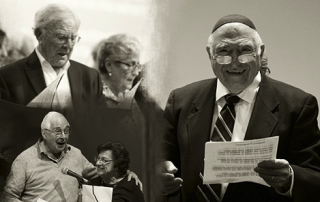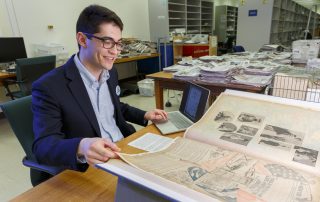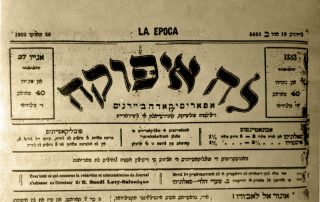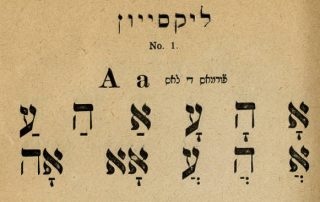Why are these Passover ads different from all other ads?
Matsa ads from American Ladino and Yiddish newspapers compel us to reconsider Jewish food history in the United States.
Avlando kon los Ladineros: Intergenerational conversations with Seattle Ladino speakers
A collaborative oral history project between University of Washington graduate students and Seattle's Ladineros, a group of some of the last Ladino speakers in Seattle.
Ladino newspapers are the new wave in “uncharted waters” of digital history
Newspapers capture the past and hold key to Ladino’s future, says UW computer science student Ben Lee.
VIDEO | Teaching Computers to Read Ladino: Student Coffee Hour with SCJS Graduate Fellow Ben Lee
Watch a recording from our fall virtual coffee hour where 2020-21 Jewish Studies Graduate Fellow Ben Lee shared his research that applies machine learning technology to Ladino newspapers.
STUDENT EVENT | Teaching computers to read Ladino, a heritage language of Sephardic Jews
How do you teach a computer to read an endangered language -- and a language that many people don't even know exists? While machine learning technology has enabled us to read and research texts online in many languages, there's one language that our computers and smartphones have yet to learn: Ladino, a heritage language of Sephardic Jews.
Between Rhodes and Seattle: Three generations of Sephardic women in family letters
Ladino letters written and dictated by women between Rhodes and Seattle offer a rare insight into the concerns and aspirations of Sephardic women in the early twentieth century.
From the Collection: Magen David, a defense of Sephardic Hebrew
In late nineteenth-century Vienna, one Sephardic Jew battled for "authentic" Hebrew pronunciation -- in Ladino.

